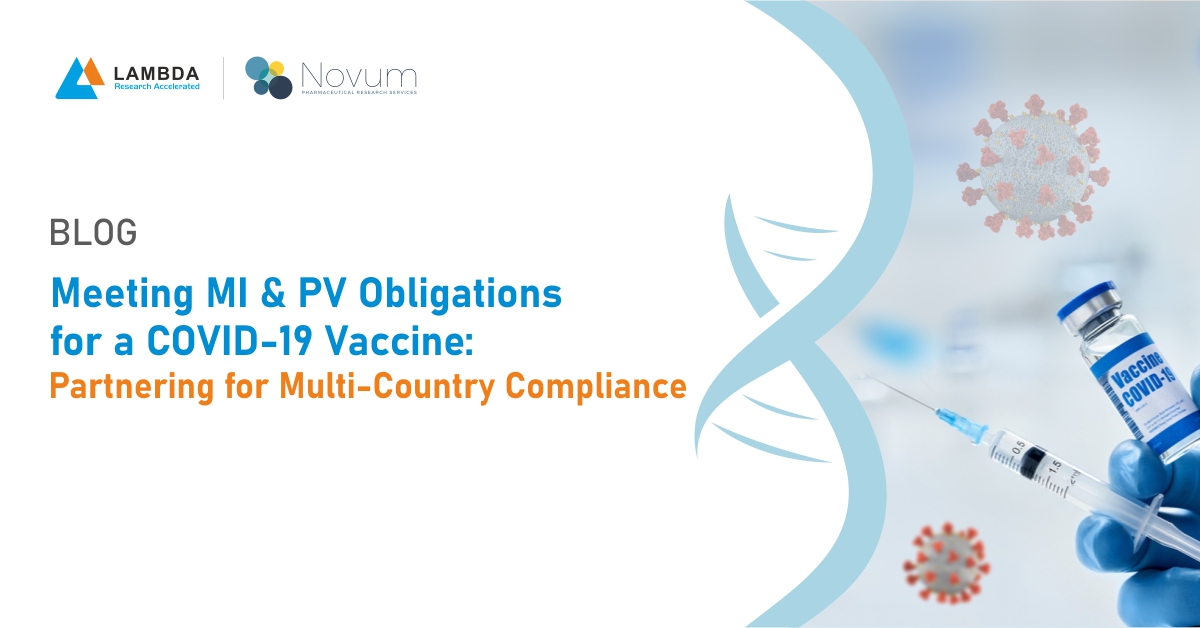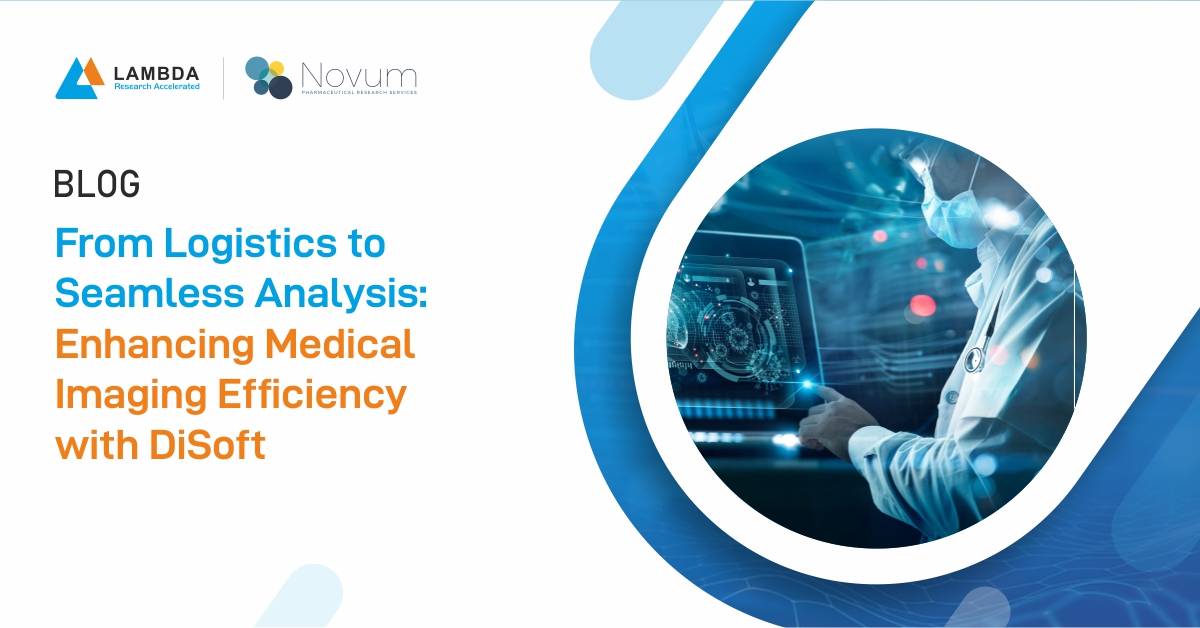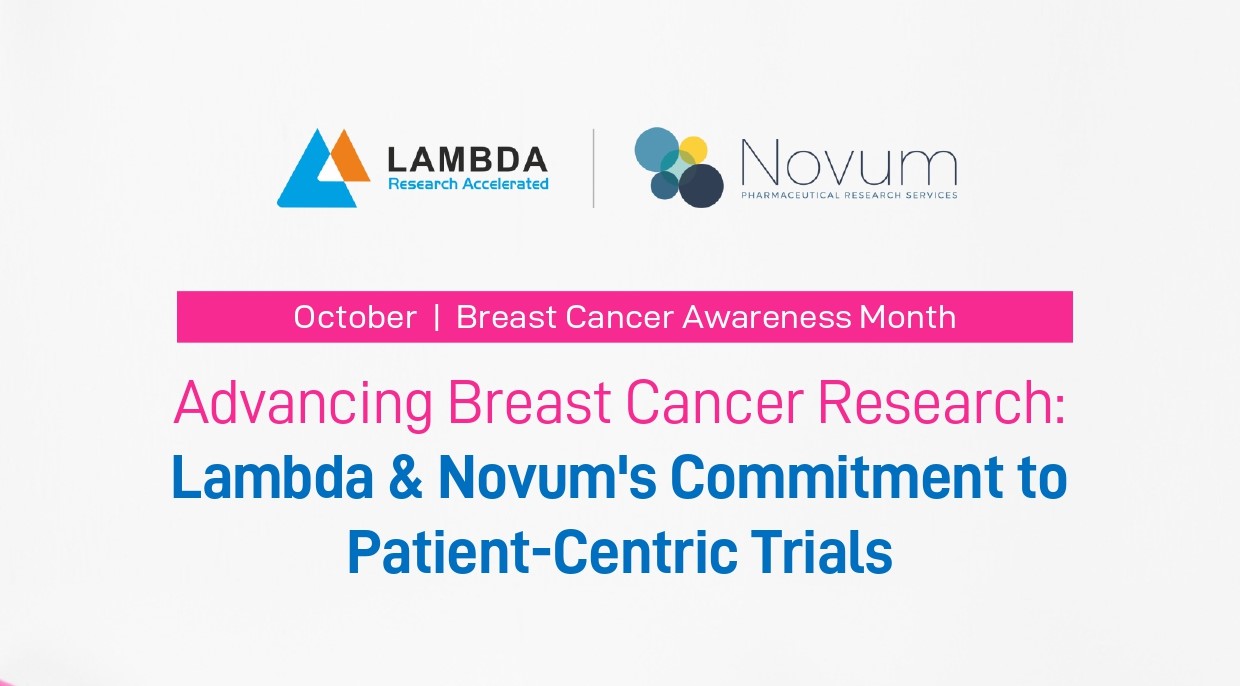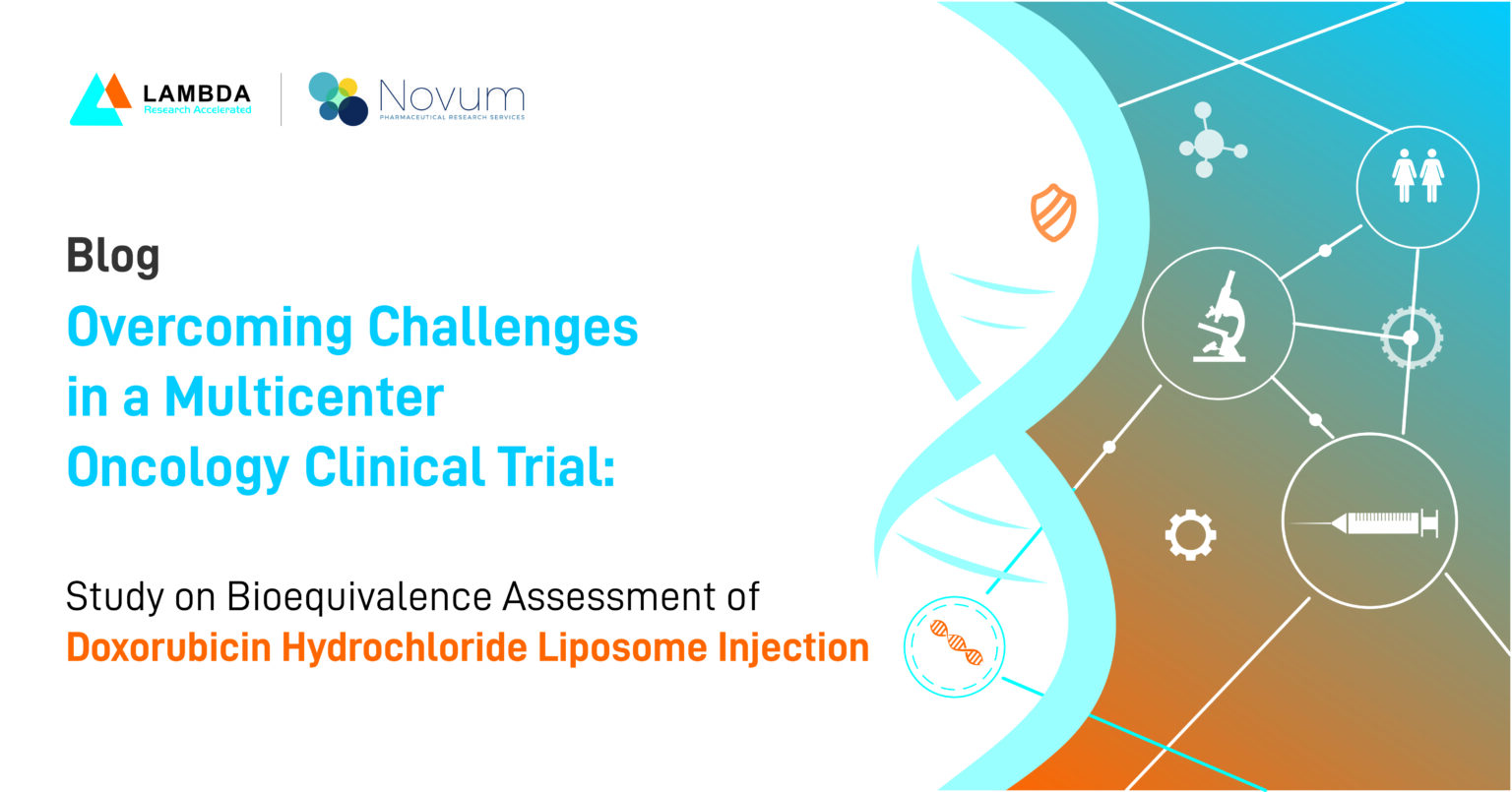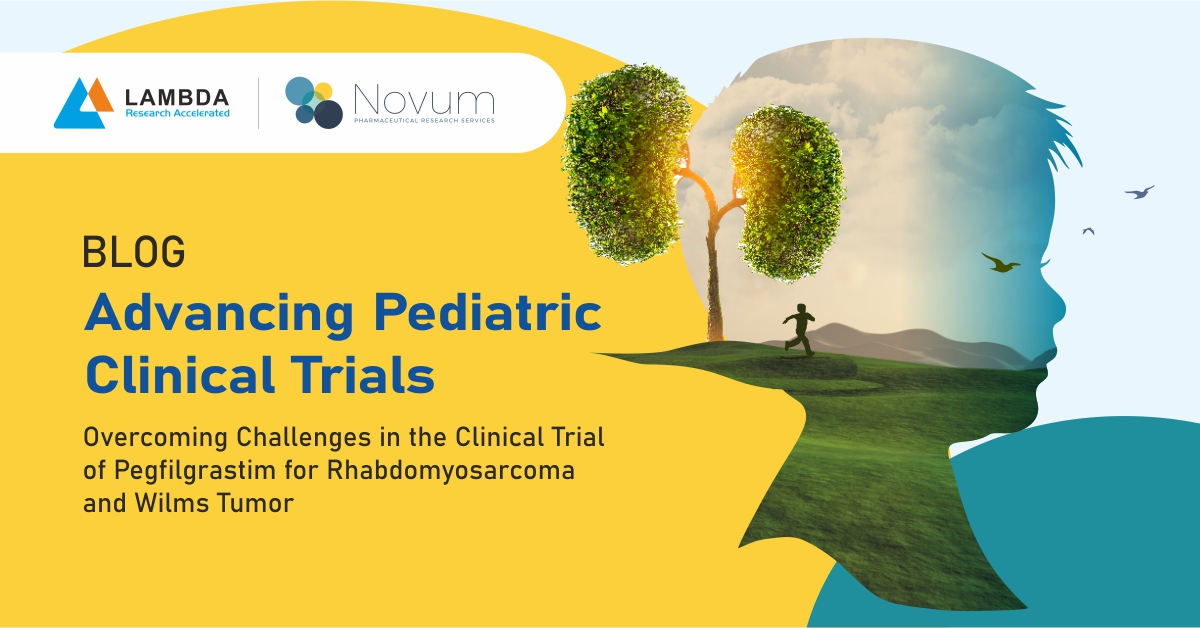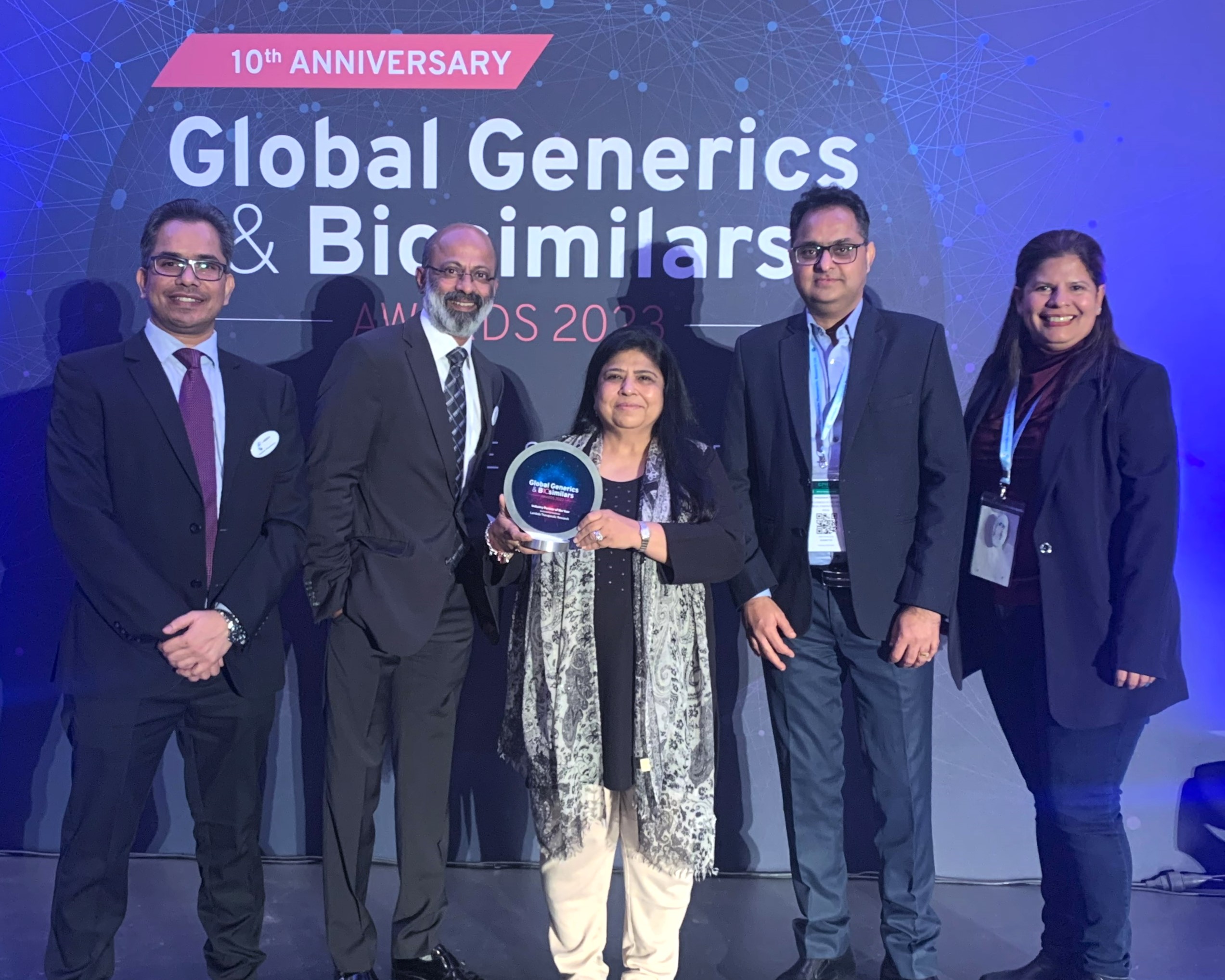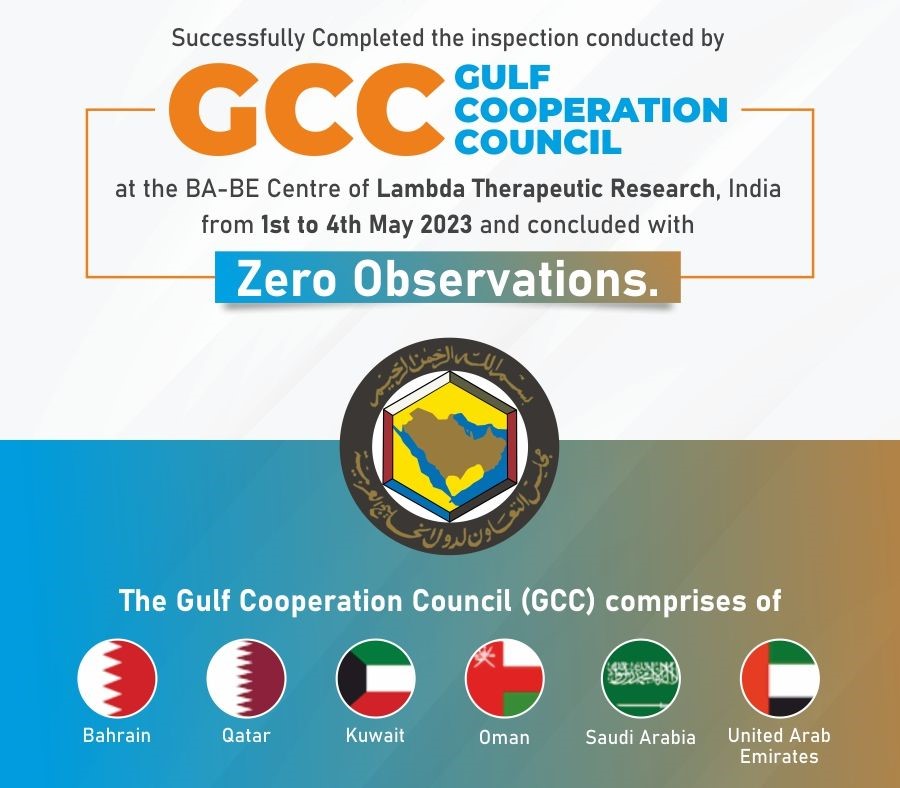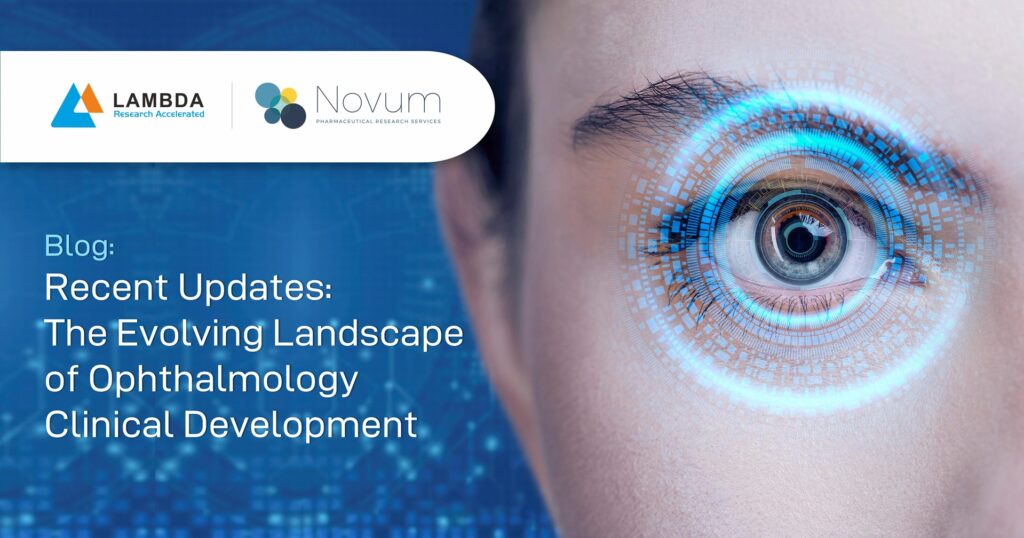Few fields in clinical research are as dynamic and promising as ophthalmology. With the global population ageing and eye diseases becoming more prevalent, there is a growing demand for innovative treatments and therapies. This blog explores the emerging trends and updates that are shaping the ophthalmology clinical development landscape.
Precision Medicine in Ophthalmology:
Ophthalmology is undergoing a paradigm shift towards precision medicine, where treatments are customized to individual patients based on their genetic makeup, lifestyle, and environmental factors. Advances in genomic research have deepened our understanding of the genetic underpinnings of various eye diseases, paving the way for personalized therapies. Clinical trials focusing on gene therapy, gene editing technologies like CRISPR-Cas9, and targeted drug delivery systems are spearheading this revolution.
Rise of Digital Health and Teleophthalmology:
The integration of digital health technologies and teleophthalmology has revolutionized both patient care and clinical research in ophthalmology. Remote monitoring devices, smartphone apps for vision assessment, and telemedicine platforms enable researchers to collect real-time data, enhance patient engagement, and streamline clinical trials. These innovations not only improve accessibility to eye care services but also accelerate clinical development by facilitating virtual consultations and remote follow-ups.
Advancements in Imaging and Diagnostics:
Cutting-edge imaging modalities and diagnostic techniques play a pivotal role in early disease detection, monitoring disease progression, and evaluating treatment efficacy in ophthalmology clinical trials. From optical coherence tomography (OCT) and fundus photography to adaptive optics and artificial intelligence (AI)-driven image analysis, researchers have an array of tools at their disposal to generate high-resolution images, extract quantitative data, and unravel the complexities of ocular diseases.
Biologics and Novel Therapeutics:
The era of biologics and novel therapeutics has ushered in a new wave of innovation in ophthalmology. Monoclonal antibodies, cell-based therapies, and regenerative medicine approaches hold tremendous promise for treating a wide spectrum of ocular conditions, including age-related macular degeneration (AMD), diabetic retinopathy, and glaucoma. Clinical trials evaluating the safety and efficacy of these advanced therapies are crucial for bringing transformative treatments to patients.
Patient-Centric Trial Designs:
With patient-centricity gaining prominence in clinical research, ophthalmology trials are adopting innovative trial designs and endpoints that prioritize patient experience and outcomes. Patient-reported outcome measures (PROMs), functional visual assessments, and quality of life assessments are becoming integral components of trial protocols, ensuring that therapeutic interventions not only improve clinical endpoints but also enhance patients’ overall well-being and satisfaction.
Recent Advances in Ophthalmology: A Look at Promising Clinical Trials
Ophthalmology, the study of the eye and its diseases, is a rapidly advancing field. Researchers worldwide are constantly exploring new treatment options for various eye conditions. Here’s an overview of some recent and ongoing clinical trials offering hope for improved vision health:
Age-Related Macular Degeneration (AMD):
- Faricimab: This groundbreaking drug has demonstrated remarkable efficacy in treating both neovascular (“wet”) AMD and diabetic macular edema (DME).
- Gene Therapy: Research into gene therapy for AMD shows promise in potentially slowing disease progression or restoring vision loss by directly targeting underlying genetic faults.
Diabetic Macular Edema (DME):
- Intravitreal Medications: Ongoing studies are exploring different intravitreal drugs (injected into the eye) to control DME. These include new delivery systems for existing drugs and novel agents that may offer a longer duration of action.
- Novel Delivery Systems: Research is focused on developing new ways to deliver drugs to the eye. Implants that offer sustained, steady release of medication could revolutionize DME treatment by significantly reducing the need for frequent injections.
Glaucoma:
- Minimally Invasive Glaucoma Surgery (MIGS): Trials are evaluating the effectiveness of MIGS procedures combined with cataract surgery in lowering intraocular pressure (IOP). MIGS devices offer safer IOP reduction than traditional glaucoma filtering procedures with fewer side effects.
- New Drug Formulations and Delivery: Studies explore eye drops offering better penetration and longer-lasting action in lowering IOP. Researchers are also evaluating new delivery mechanisms like implants for longer drug release in treating glaucoma.
Dry Eye Disease:
- Topical Therapies Beyond Artificial Tears: While artificial tears remain the standard, trials are investigating alternatives to provide longer-lasting relief for dry eyes. These include various topical anti-inflammatory and lubricating agents with different mechanisms of action.
- Innovative Procedures: Researchers are investigating neurostimulation techniques that target tear-production glands to potentially address severe cases of dry eye disease.
The landscape of ophthalmology clinical development is evolving rapidly, driven by scientific breakthroughs, technological advancements, and a growing emphasis on patient-centered care. As we navigate these exciting developments, clinical research remains the cornerstone of innovation, catalyzing scientific discoveries into tangible benefits for patients with eye diseases. With our unwavering commitment to excellence and collaboration, the future of ophthalmology holds immense promise for improving vision health and transforming lives worldwide.
Lambda – Advancing Ophthalmology Clinical Trials
Lambda Therapeutic Research excels in the highly specialized field of ophthalmology studies, where precision and understanding of patient experiences are paramount. Our team possesses a comprehensive grasp of the intricate nature of ophthalmology trials, viewing them through the lenses of sponsors, clinical investigators, scientific leaders, and regulatory agencies. This multifaceted perspective informs our approach to each clinical trial, ensuring efficiency and protocol adherence. Lambda Therapeutic Research stands out in ophthalmology studies, showcasing expertise in a spectrum of conditions including Retinopathy of Prematurity, Age-related Macular Degeneration (AMD), and Allergic Conjunctivitis. In Ophthalmology imaging, Lambda stands out with expertise in AMD imaging. We perform independent assessments using modalities like OCT (Cirrus, Spectralis, Optovue, Topcon), FA, and CFP. Our integration with Orion ensures seamless analysis and interpretation, enhancing the diagnostic process.
Click here to know more about our Ophthalmology Expertise.
References:
- https://www.ncbi.nlm.nih.gov/pmc/articles/PMC10516184/
- https://www.ncbi.nlm.nih.gov/books/NBK580631/
- https://med.stanford.edu/ophthalmology/patient_care/tele-eyecare.html
- https://www.aao.org/
- https://www.ncbi.nlm.nih.gov/pmc/articles/PMC10577833/
- https://www.ncbi.nlm.nih.gov/pmc/articles/PMC9173725/
